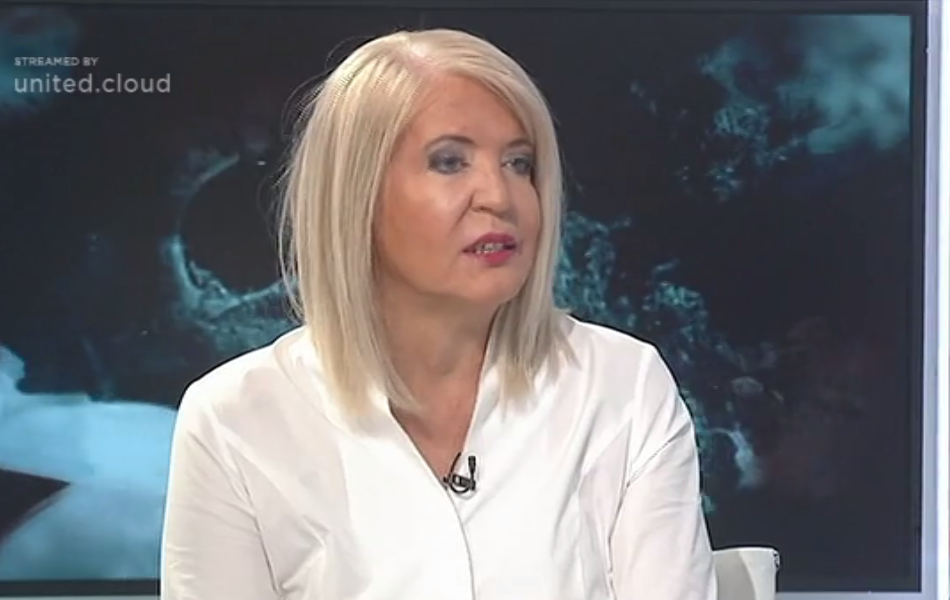Attorney: Karadzic's sentence opens the door for victims to seek compensation

The life sentence which former Bosnian Serb leader Radovan Karadzic received on Wednesday is historic because the Court determined he was responsible for the genocide in Srebrenica, four-year siege of Sarajevo, crimes against humanity and involvement in four joint criminal enterprises, attorney Vasvija Vidovic told N1.
Oglas
“It's very important that the International Residual Mechanism for Criminal Tribunals (IRMCT) confirmed that there was a genocide in Srebrenica and that crimes against humanity were committed accross Bosnia. This will have political implicatnios for Bosnia's Serb-dominated Republika Srpska (RS) entity," Vidovic said. “Lately, we've witnessed a rise in threats from the RS, referendum announcements, secession attempts, and so on. Should their threats come true, the states which would consider their recognition would have to consider the facts from the verdict.”
She added that victims mentioned in the verdict now have a chance to sue the entity for damage compensation.
In 1992, Karadzic became the first President of the RS, a 'state' declared by Bosnian Serbs after they rebelled against the decision of the majority of Bosnians to secede from Yugoslavia, which Slovenia and Croatia had already left.
Oglas
That parastate was made up of Bosnian territories they took control of at the start of Bosnia’s 1992-95 war that took over 100,000 lives. Supported by neighbouring Serbia, Bosnian Serbs under his reign expelled almost the entire non-Serb population from those once ethnically mixed territories.
The International Criminal Tribunal for the Former Yugoslavia (ICTY) charged him and former Bosnian Serb army general Ratko Mladic in 1995 with crimes against humanity, violations of laws of war, grave violations of Geneva Conventions and unlawful transfer of civilians on religious and national grounds.
The ICTY sentenced Karadzic to 40 years in prison in 2016 for crimes against humanity, including the ethnic cleansing of Bosniaks and Croats, the siege of Sarajevo, the Srebrenica genocide and for taking UN peacekeepers hostage. He was acquitted of genocide in other municipalities in Bosnia.
Both Karadzic and the prosecution appealed the 2016 judgement.
Oglas
But the International Residual Mechanism for Criminal Tribunals (IRMCT), the court which took over the unfinished job of the ICTY once it closed its doors in 2017, on Wednesday handed down the final ruling.
Kakvo je tvoje mišljenje o ovome?
Učestvuj u diskusiji ili pročitaj komentare
Oglas
Kakvo je tvoje mišljenje o ovome?
Učestvuj u diskusiji ili pročitaj komentare
Oglas





 Srbija
Srbija
 Hrvatska
Hrvatska
 Slovenija
Slovenija



























































